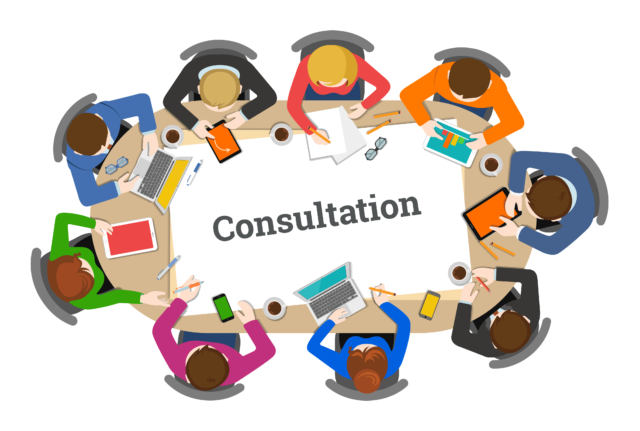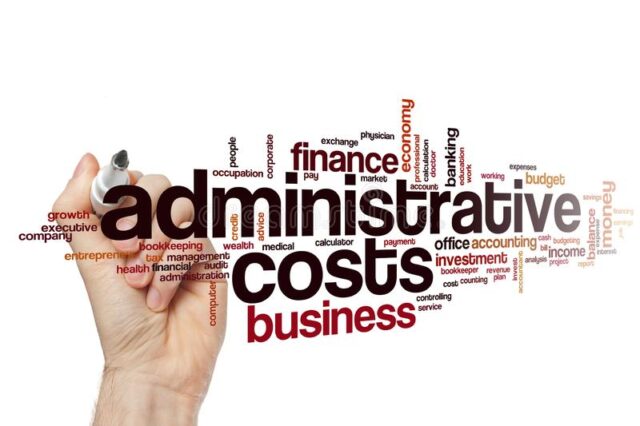
When you are starting a new business, you should answer an important question: How much money do I need? The costs can vary from hundreds of dollars to thousands of dollars depending on the kind of business that you plan to start. Certain types of businesses are cheaper to start and have lower financial entry barriers such as home-based businesses and microbusinesses.
As you are planning to launch your new business, there are costs that you will have in minds such as incorporation fees, rental fees, inventory costs, and equipment costs. However, there are costs that you might not have considered but they are still important for the success of your business. Here is a list of 7 startup costs that you might have ignored.
Website Costs

Probably the last thing in your mind as you are anticipating launching your small business might be having a website. However, starting out with a website will prove beneficial in the long run.
If you are a new business owner, you can think that a website isn’t necessary. That could have been true some few years ago. In the present age, your business cannot thrive without a website even if it is a small business.
- You need a website for branding and marketing purposes. With a professionally developed website, you will easily earn the trust of customers as you try to establish your business.
- Purchasing a domain name can cost you less than $10 and hosting the website for a small business shouldn’t cost more than $20 a month. You don’t need expensive hosting when you are starting out.
- You can have your website professionally developed for between $200 and $1000. You don’t require a fancy website, but it should look professional.
Professional Consultation

To start your business on a solid foundation, involve consultants. As a potential startup owner, it is tempting to take the DIY approach. You might not see the need for professional consultation in your pursuit to save money. However, working with experts will be a worthy investment. They will help you to avoid business failure.
- Don’t ignore the need to consult an attorney concerning trademarks and copyrights. An attorney can save you major mistakes like failing to trademark your logo or failing to have a contract with your vendors. Registered trademark symbol is there to protect your business, so don’t wait too long.
- A lawyer will also advise you on the ideal business structure. They will help you with the incorporation process. Online legal services are another option available for small businesses, such as those from LegalShield.
- Don’t take any financing before consulting a CPA. An accountant will save you from financial trouble. Most startups fail before the end of the first year because of money issues. You don’t need to have an in-house accountant. You can only hire one when you need their services.
Cost of Software & Other Solutions

Of course, you will think about the physical assets that your business needs such as office furniture and budget for them. What about the digital assets? These are an important part of running a successful business. Software and solutions to purchase for your new business include:
- Accounting and bookkeeping software
- Customer service software
- Marketing tools
- Project management software
- Productivity solutions
- Tax software
- Document management solutions
- HR software
- Team communication solutions
Take advantage of free software like Zoom and Skype. However, for things such as accounting and project management software, you need to pay a price to get the best software that will guarantee the security of your data.
Business Insurance

While a startup is very different from an established company, that doesn’t mean that you don’t need business insurance or less comprehensive coverage is sufficient. Your business, irrespective of its size, will still face risks such as fire, burglary, and public liability. These are things that are beyond your control.
If your business faces risks or claims and you don’t have comprehensive insurance, your startup could fold before it is established.
Business insurance for your startup will protect you against:
- Employee injuries
- Professional errors
- Lost revenue because of unforeseen circumstances
- Lawsuits
- Theft or damage of inventory, supplies, and office equipment
If you operate a sole proprietorship, business insurance will not cover your personal assets. You can also be personally liable for claims against the business. To prevent that, you should form a limited liability company, where the company will be a separate entity from yourself. To get the right business insurance, it’s best to speak with a broker such as SmartBusinessInsurance.com.au who can advise on the right policy for you.
Administrative Costs

These are costs that you previously took for granted when you were working for someone else. However, as you are starting your own business you need to take them into account. They include the cost of:
- Internet
- Paper clips
- Printing paper
- Cleaning supplies
- Mobile phone airtime
Individually, these items don’t cost much. However, they can add up to thousands of dollars. Do yourself a favor and budget for these cost as your prepare to launch your startup.
Travel Expenses

With all the hassles of launching a business, it is easy to forget something such as travel expenses. If you will be running a home-based business, this might not be a major concern.
During the initial phase of your business, you might need to travel a lot to pitch ideas and find investors. You also have to travel to market your products. If you will be traveling with a marketing team, you should also take that into account. Apart from the cost of transport, there will also be the cost of food and lodging.
Shrinkage Costs

This is a hidden cost that most upcoming business owners fail to take into account. Shrinkage costs the American economy over $45 billion every year. If you will be dealing with physical goods, you should account for shrinkage. Causes of shrinkage include depreciation, wastage, paperwork errors, employee theft, and vendor fraud.
No matter how efficiently you will run your business, there will always be some degree of shrinkage. You should plan for that as you lay the foundation for your startup and put in place measures to minimize shrinkage.
The Bottom-Line
It takes money to make money. No matter how noble your idea is and how ambitious you are, chances are that you will fail in your business endeavors if you don’t have money. For those planning to start new businesses, they need to secure sufficient capital to cover the costs listed above and those that haven’t been listed. Having money isn’t enough. You should also use the money wisely.












